The courts have weighed in on some — but not all — COVID policy decisions. Fostering a culture of civil liberties requires having this discussion
Published Oct 12, 2024 • Last updated 2 hours ago • 3 minute read

It is basically irrefutable that the COVID-19 crisis restricted Canadians’ civil liberties.
The question that has been debated in newspapers and in courtrooms is essentially whether those restrictions were justifiable in context, done for the good of Canadians.
The restrictions, such as vaccine passports, travel restrictions, curfews in Quebec and vaccine mandates for certain workplaces, were subject to considerable debate inside and outside of politics. They have also been considered by the courts.
Advertisement 2
THIS CONTENT IS RESERVED FOR SUBSCRIBERS
Enjoy the latest local, national and international news.
- Exclusive articles by Conrad Black, Barbara Kay and others. Plus, special edition NP Platformed and First Reading newsletters and virtual events.
- Unlimited online access to National Post and 15 news sites with one account.
- National Post ePaper, an electronic replica of the print edition to view on any device, share and comment on.
- Daily puzzles including the New York Times Crossword.
- Support local journalism.
SUBSCRIBE FOR MORE ARTICLES
Enjoy the latest local, national and international news.
- Exclusive articles by Conrad Black, Barbara Kay and others. Plus, special edition NP Platformed and First Reading newsletters and virtual events.
- Unlimited online access to National Post and 15 news sites with one account.
- National Post ePaper, an electronic replica of the print edition to view on any device, share and comment on.
- Daily puzzles including the New York Times Crossword.
- Support local journalism.
REGISTER / SIGN IN TO UNLOCK MORE ARTICLES
Create an account or sign in to continue with your reading experience.
- Access articles from across Canada with one account.
- Share your thoughts and join the conversation in the comments.
- Enjoy additional articles per month.
- Get email updates from your favourite authors.
THIS ARTICLE IS FREE TO READ REGISTER TO UNLOCK.
Create an account or sign in to continue with your reading experience.
- Access articles from across Canada with one account
- Share your thoughts and join the conversation in the comments
- Enjoy additional articles per month
- Get email updates from your favourite authors
Article content
But with calls growing for an inquiry into the federal government’s response to COVID-19, these debates could be re-litigated, or discussed outside of courtrooms. It could provide guidance to Canadian governments in the case of any future emergencies.
National Post spoke with Christine Van Geyn, the litigation director at the Canadian Constitution Foundation and co-author of Pandemic Panic: How Canadian Government Responses to COVID-19 Changed Civil Liberties Forever, about pandemic restrictions.
What are some of the ways in which Canadians’ civil liberties were restricted?
Almost every area of civil liberties was impacted by the pandemic, and I think that there really needs to be a thorough consideration of what those impacts were, what the legacy of that will be, not just on our law, but also on the culture of civil liberties in Canada.
Freedom of expression was impacted by the limiting of protests, by sometimes strange conditions that courts placed on individuals. There’s the strange situation where some protests were encouraged and other protests were prohibited, and it felt to a lot of people like it was on the basis of the subject matter of the protest.
By signing up you consent to receive the above newsletter from Postmedia Network Inc.
Article content
Advertisement 3
Article content
There were implications on our freedom of movement, so your ability to either enter Canada or to move around within Canada. We all remember the ArriveCan situation, the situation with the quarantine hotels.
There’s Section 15, equality rights that were implicated by the pandemic. Equality rights were implicated by the closure of gyms, including gyms that were used by people who live with disabilities to manage their disabilities, who couldn’t maintain their health outside of a facility, outside of their home.

Maybe not every single right, but so many rights that we have guaranteed under the Charter that are fundamental freedoms were implicated.
So far, what have the courts said?
There have not been definitive answers on all of these questions, but there have been on some obviously.
The trend that we saw, especially at the beginning of the pandemic, when there was some uncertainty about what was going on, there was a trend of deference. The court was a lot more willing to give deference to the government and allow them the power to do things that we probably wouldn’t have expected our governments to do to us.
Advertisement 4
Article content
The further we got away from the pandemic, the less willingness there has been, both in the broader culture, and from the courts, to accept these limits. The distance of time allowed emotions to cool.
If the courts have ruled on some of these questions — and will rule on others in the future — is it still worth having this discussion?
I think there’s a definite advantage in having these conversations. I think some of these are still issues that the courts have not yet ruled on. I think that the culture of civil liberties in Canada is as important as the actual judicial decisions. What we want is a society that values the right to freedom of expression, the right to freedom of religion, that views these rights as underpinnings of democracy, not threats to democracy. That sees the value of fundamental freedoms and civil liberties, which are rare things in the world.
Judges are drawn from our culture, so we want to make sure that this is part of just the ecosystem that we’re all in in Canada, we see these things as fundamental to who we are as Canadians, special and worthy of fighting for.
Civil liberties are for everybody. They are not for people on the right. They are not for people on the left. They are for all Canadians equally.
Recommended from Editorial
-

Why Canada needs an 'urgent' public inquiry into its COVID response
-

COVID activity is high, but Canada not 'remotely close' to worst days of the pandemic: experts
Our website is the place for the latest breaking news, exclusive scoops, longreads and provocative commentary. Please bookmark nationalpost.com and sign up for our newsletters here.
Article content
.png)
 6 days ago
8
6 days ago
8




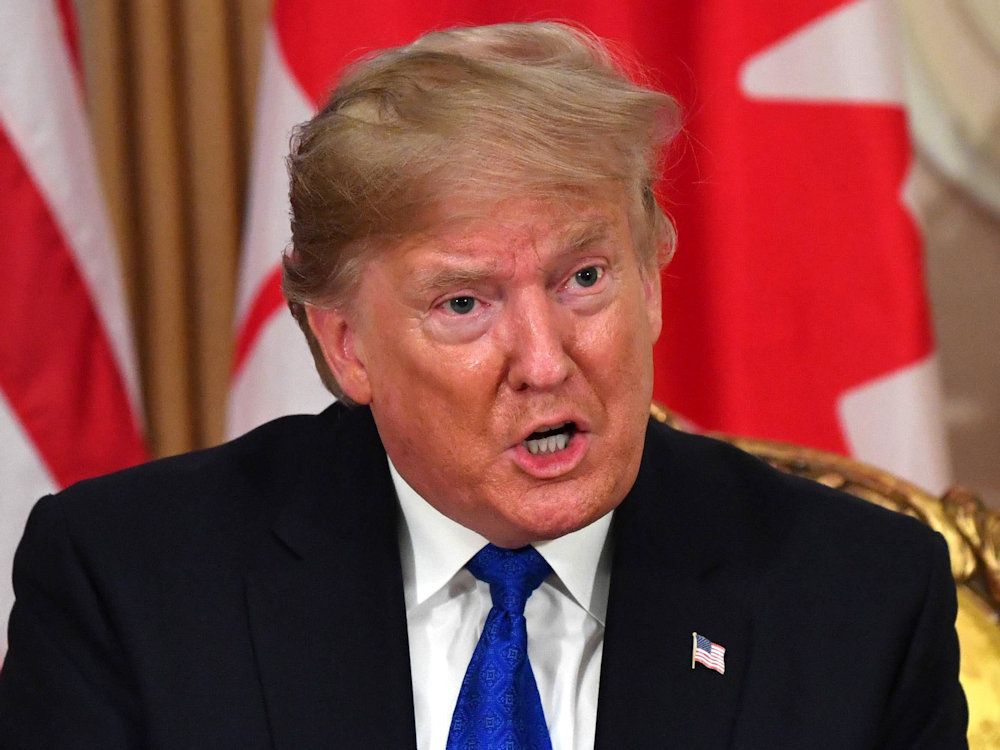


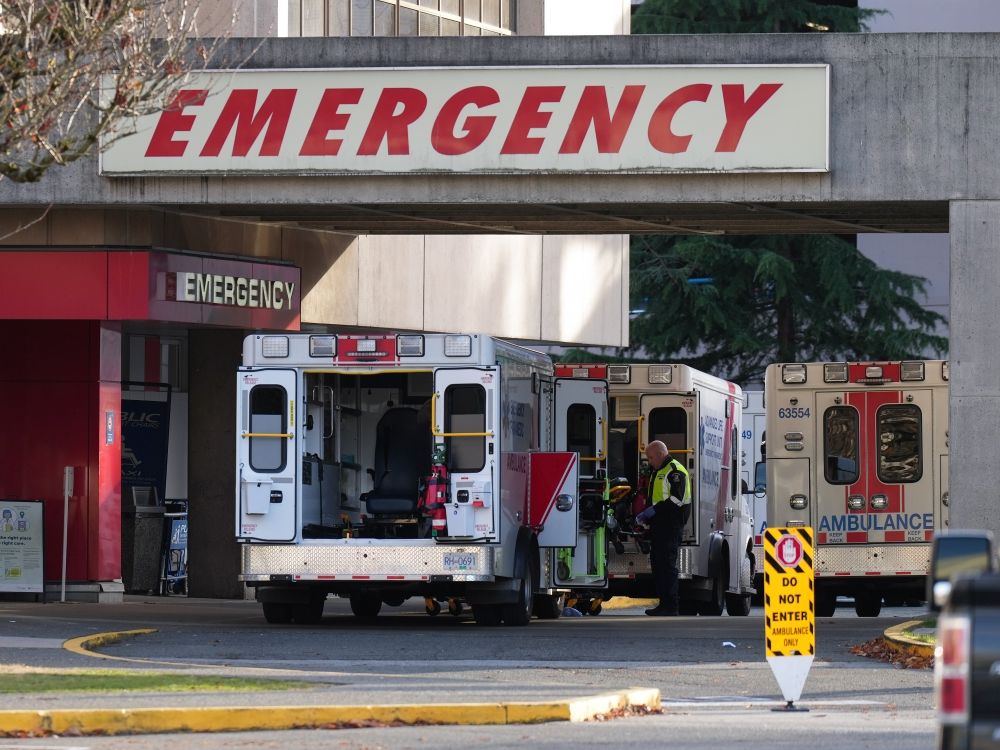
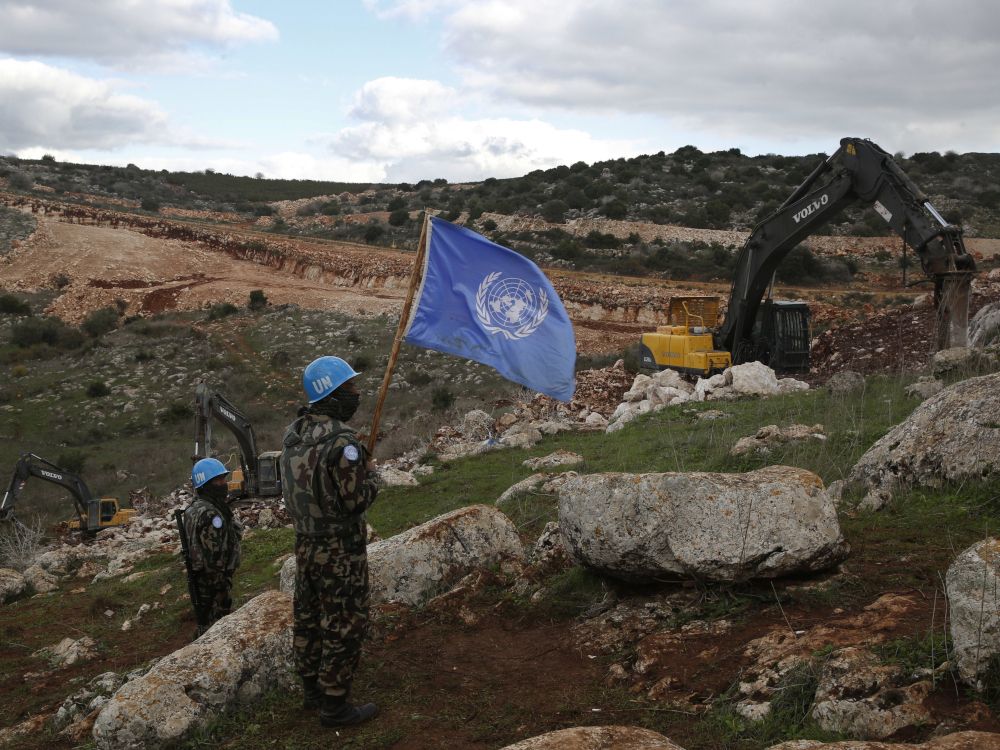

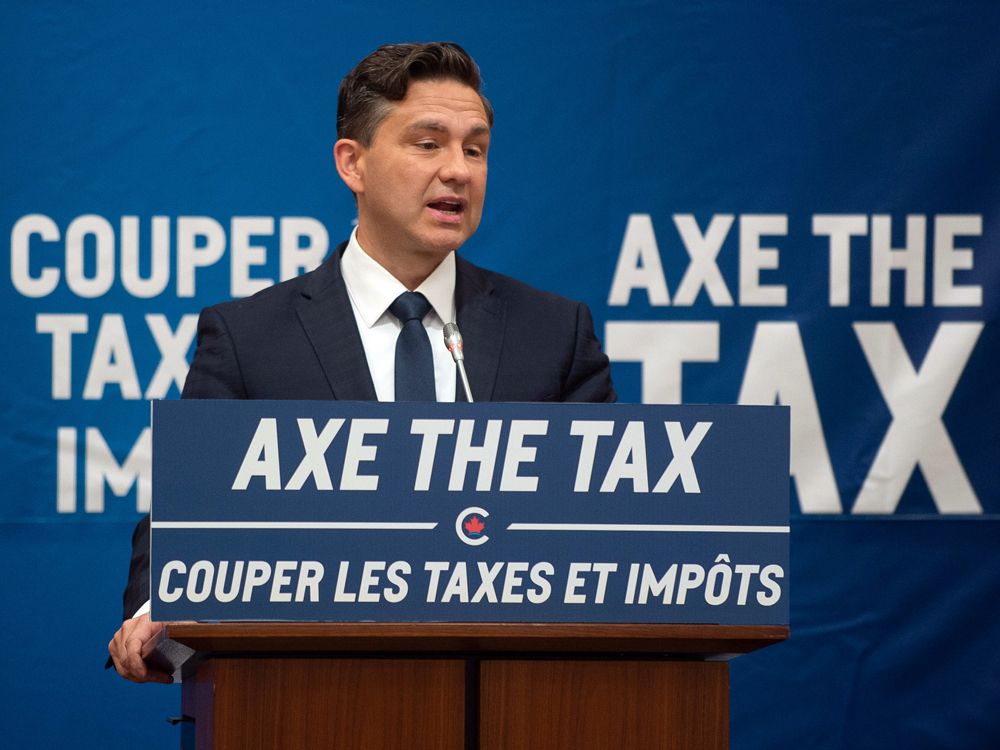
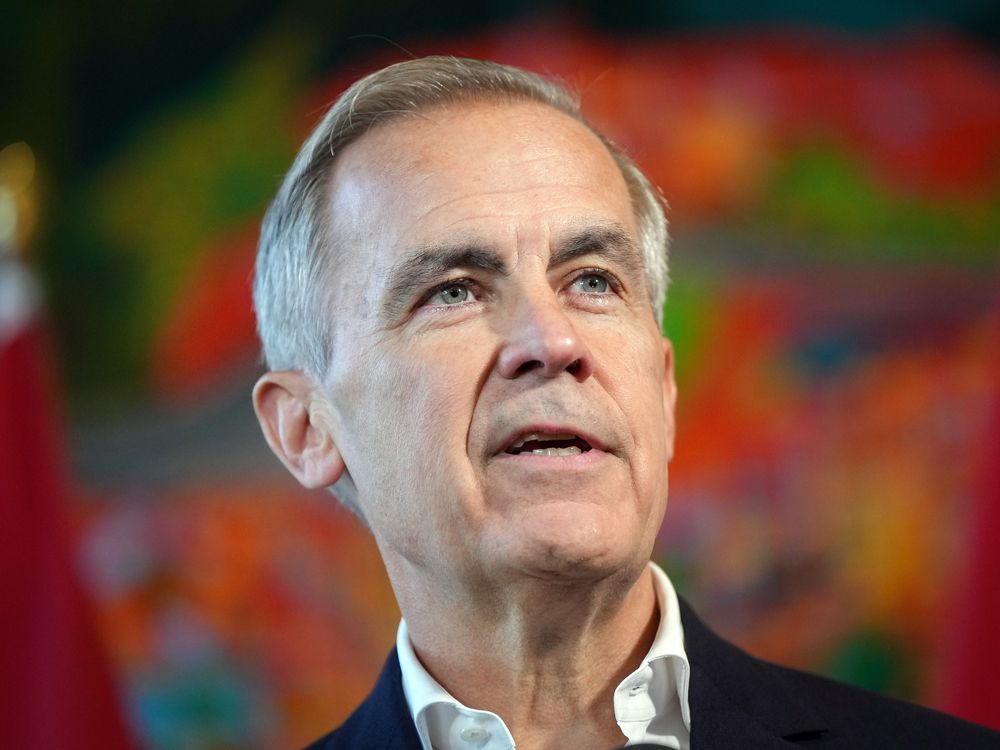
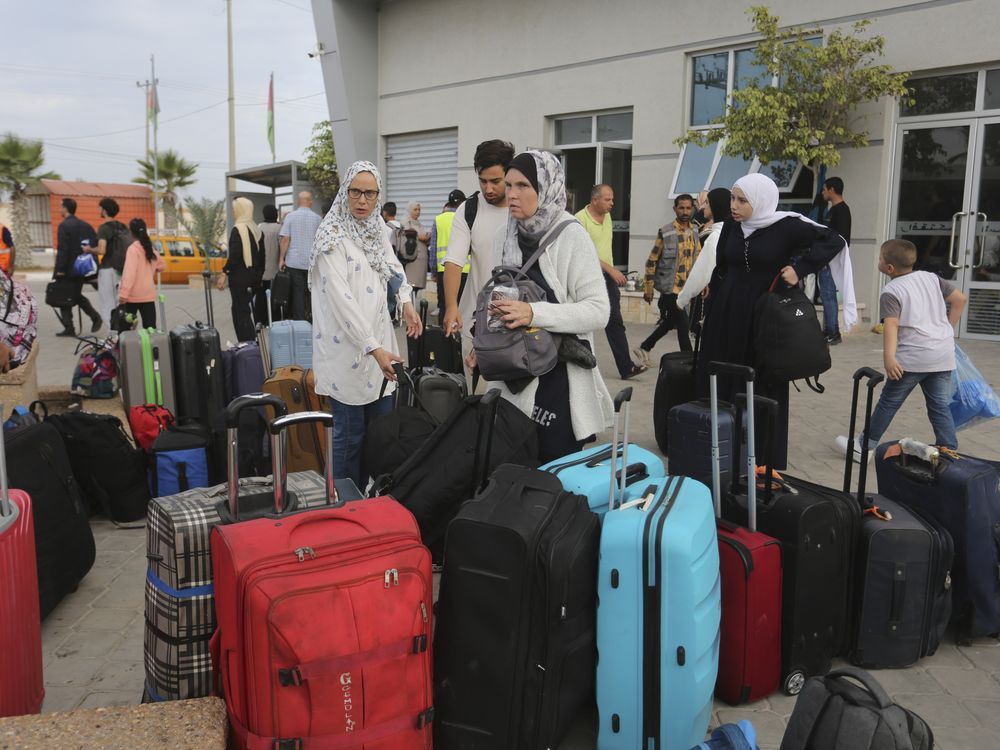
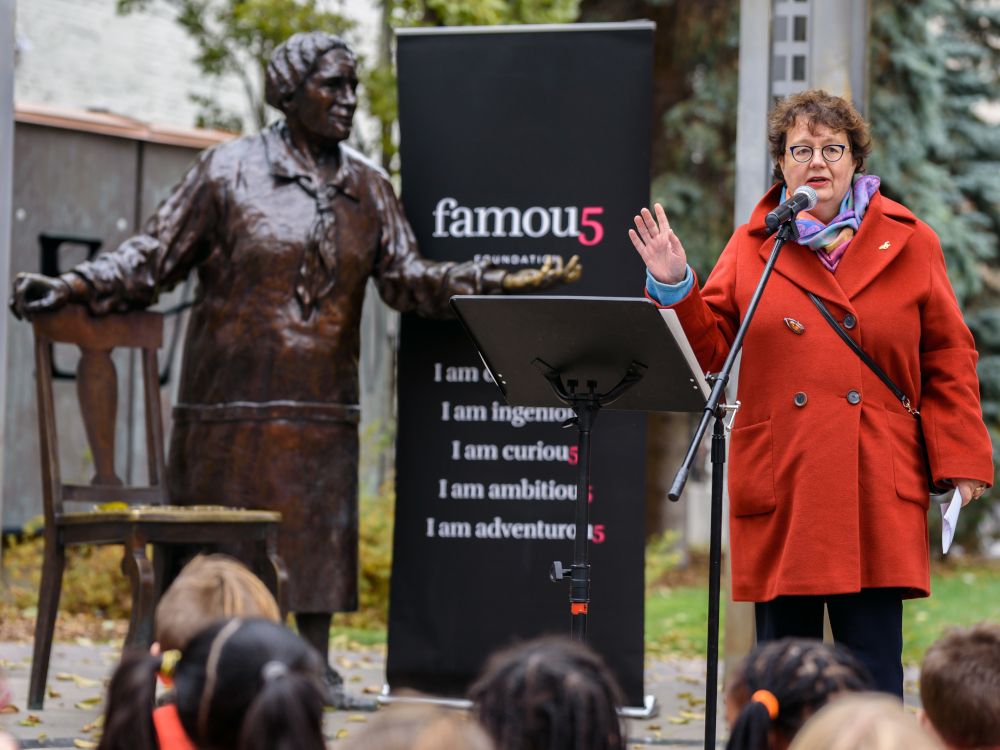












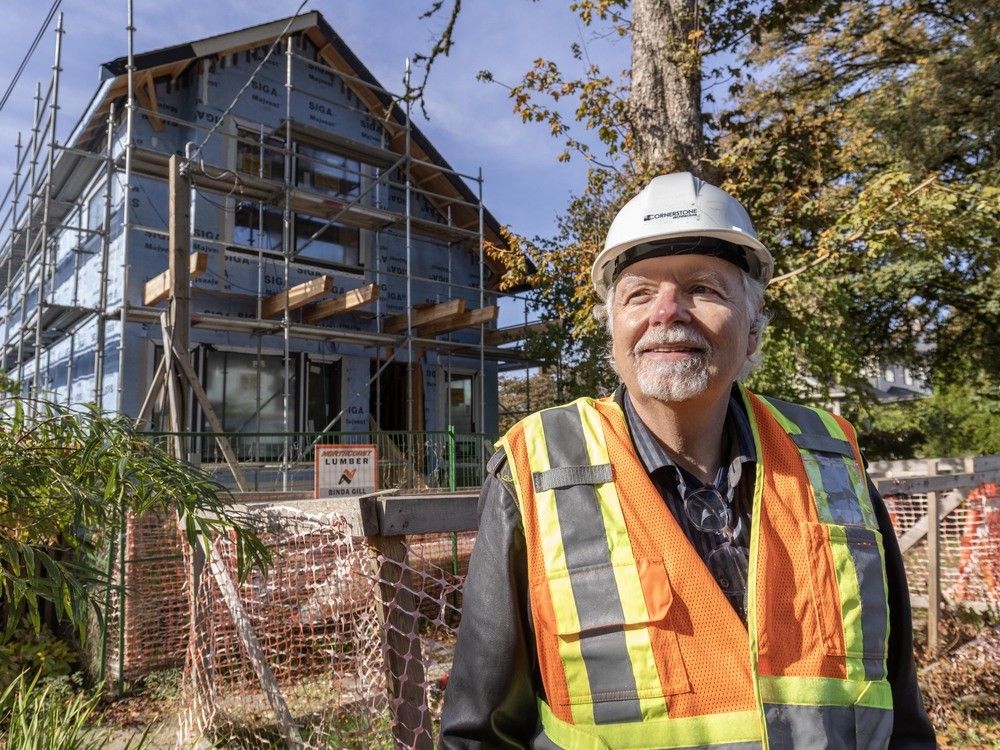
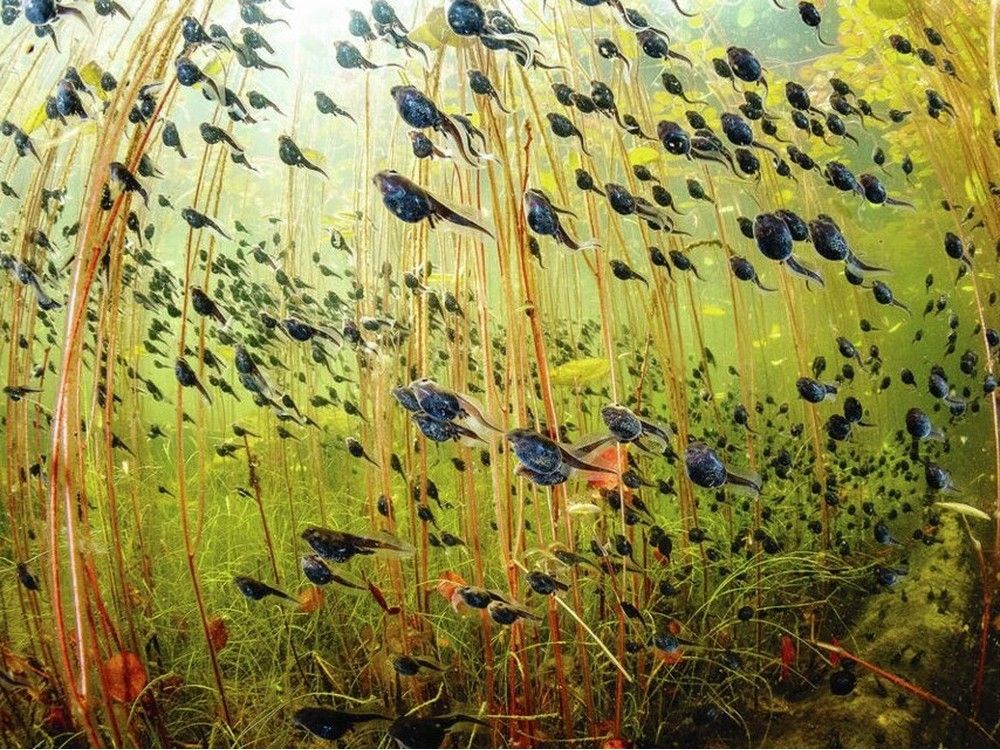
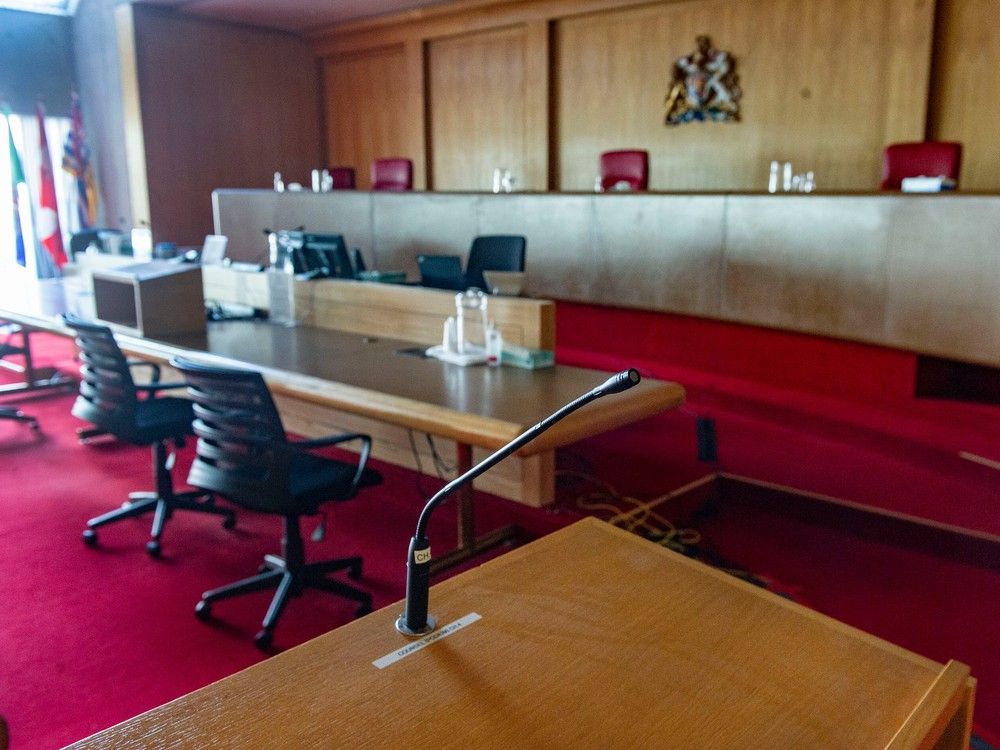


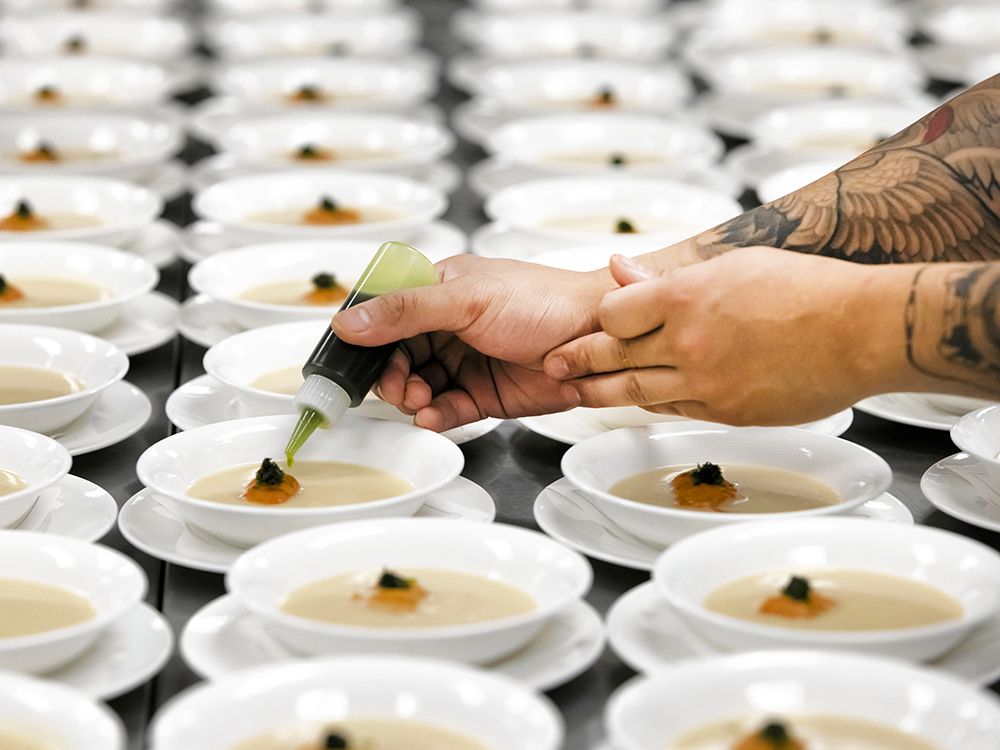

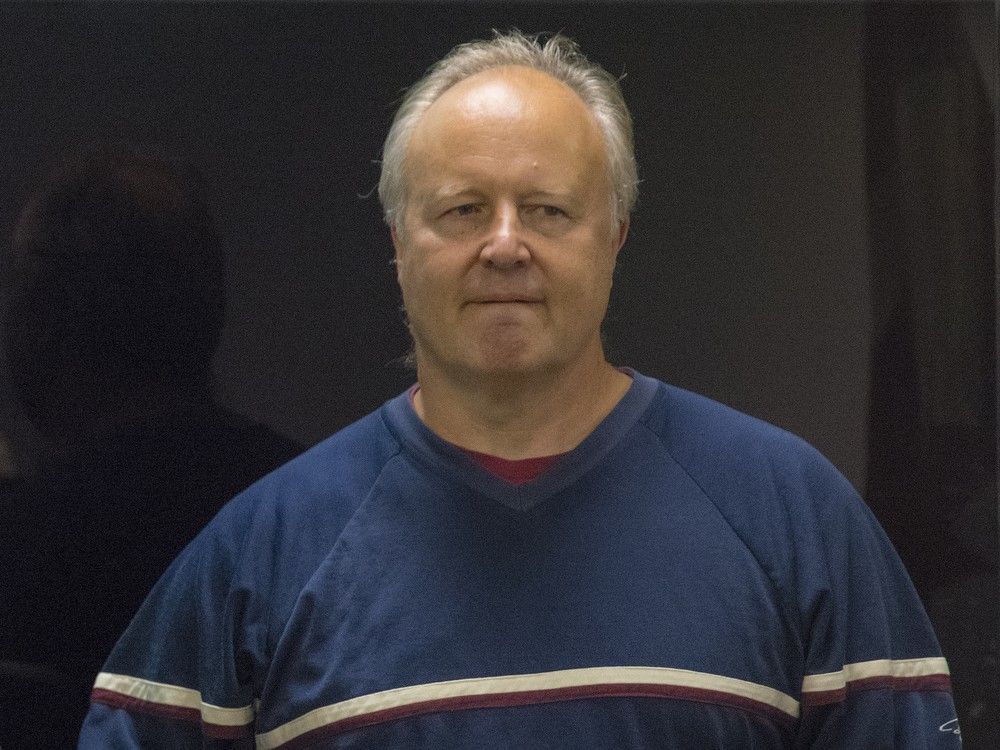

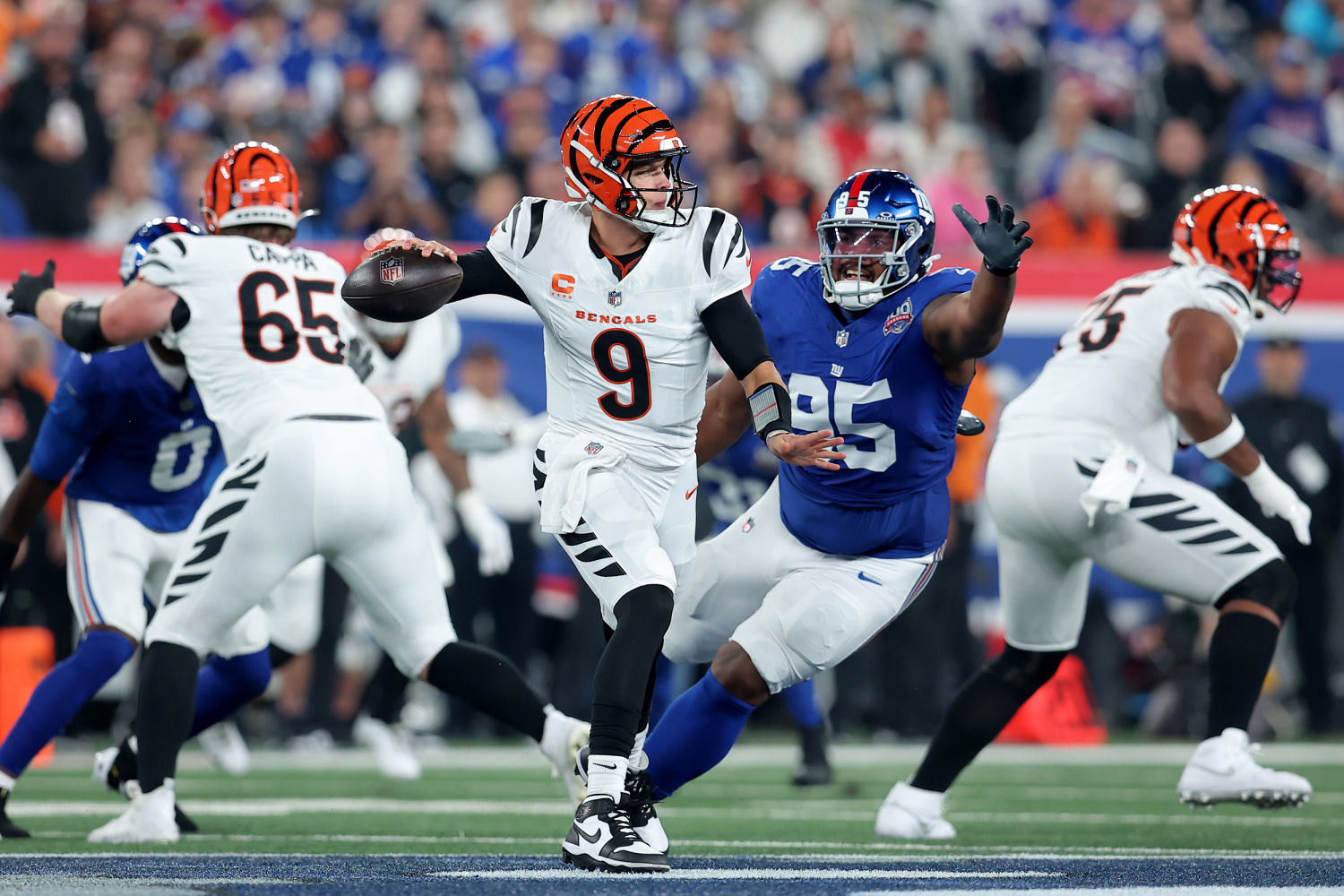
 Bengali (BD) ·
Bengali (BD) ·  English (US) ·
English (US) ·